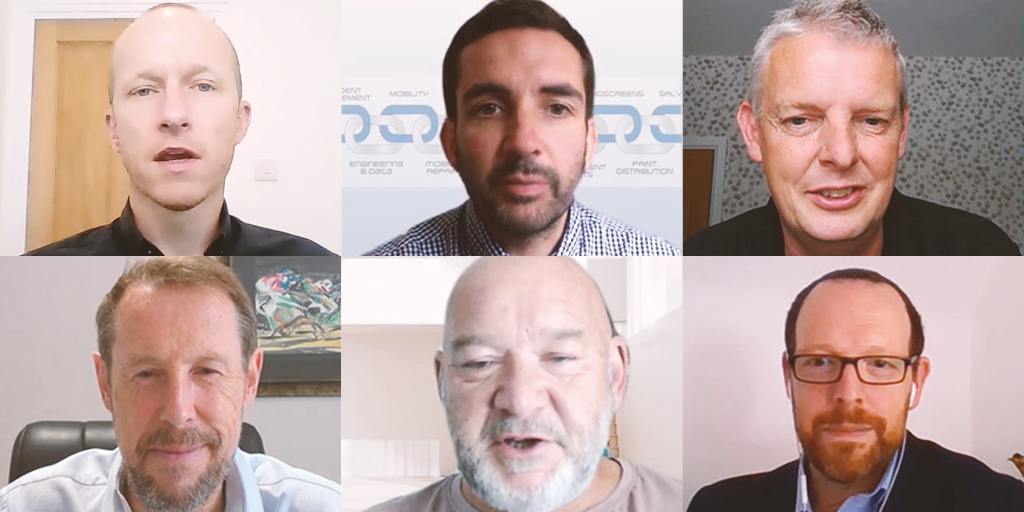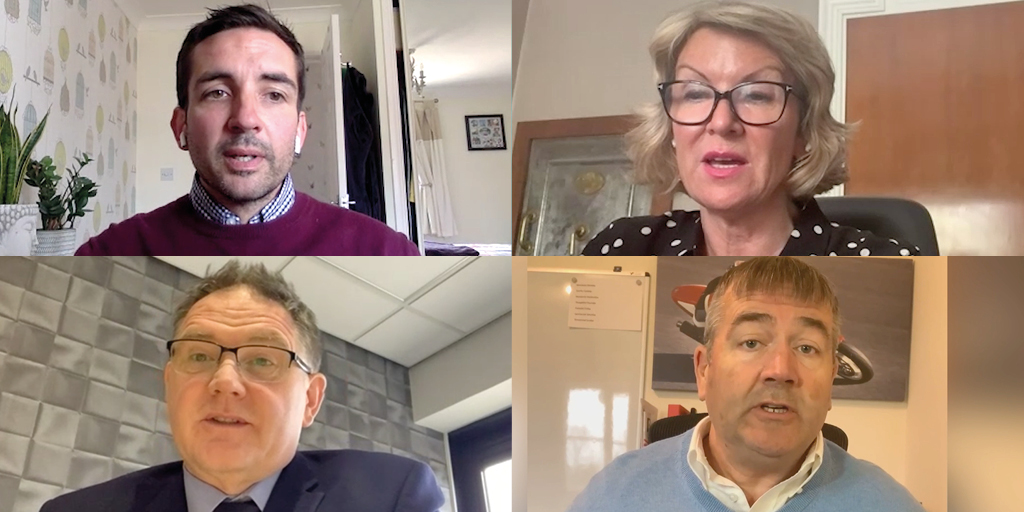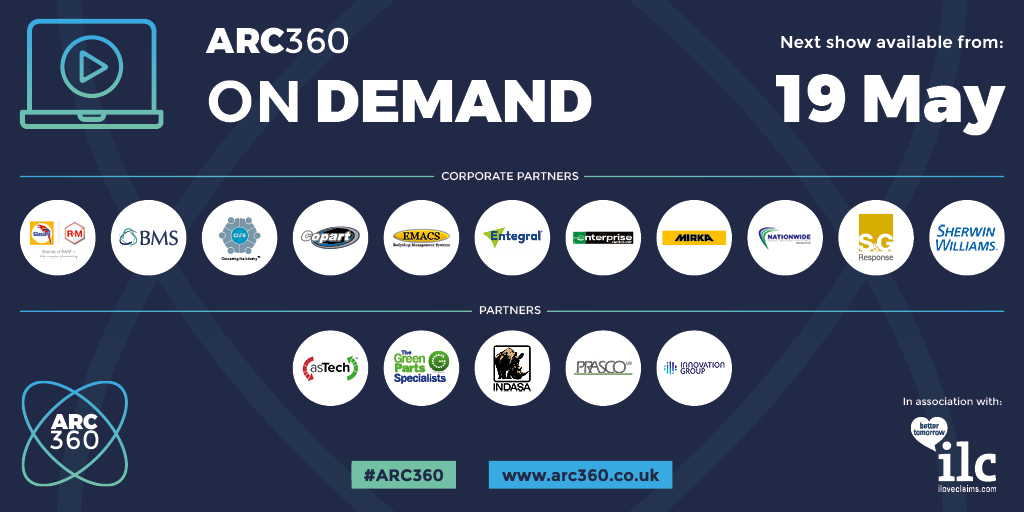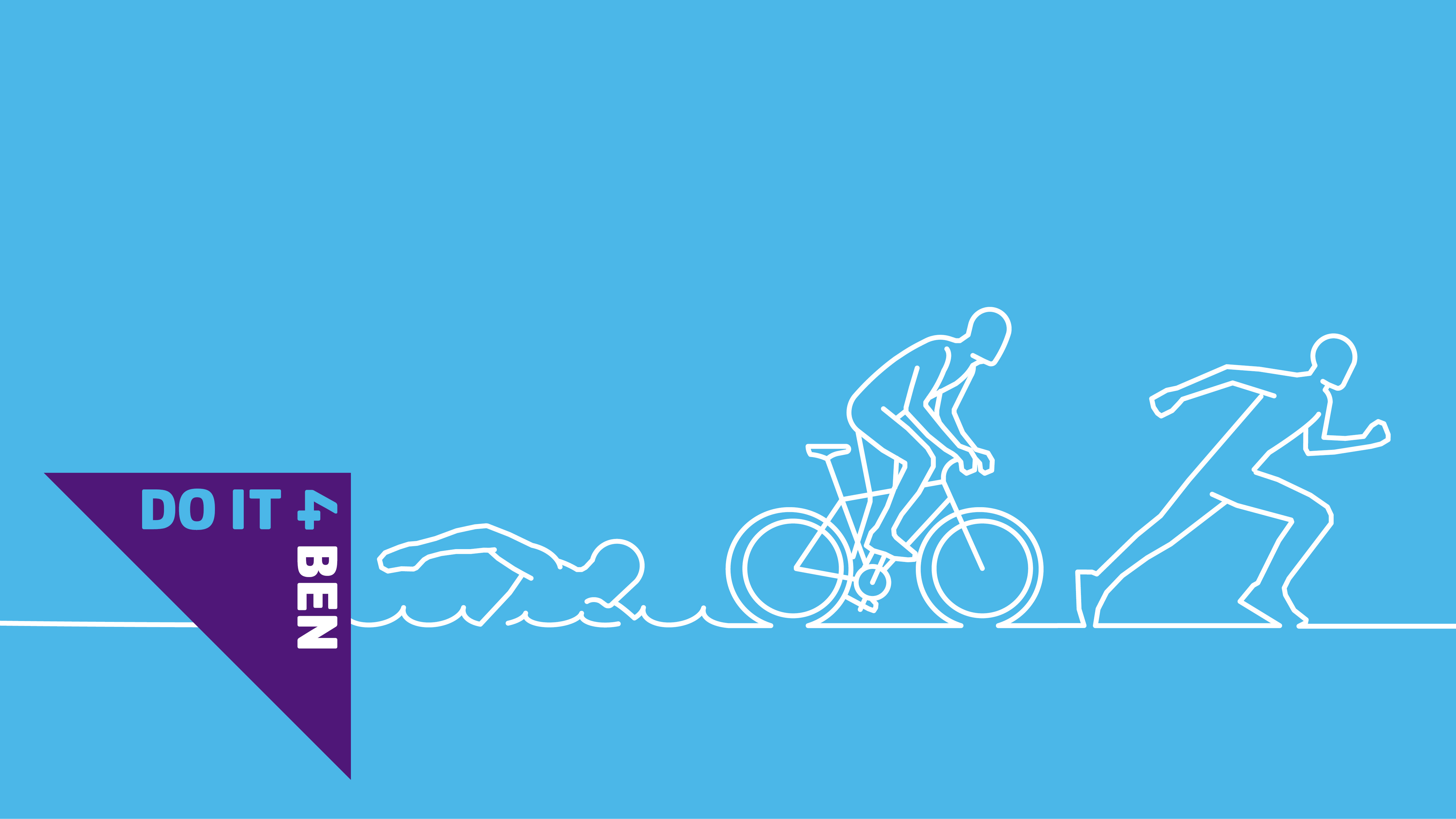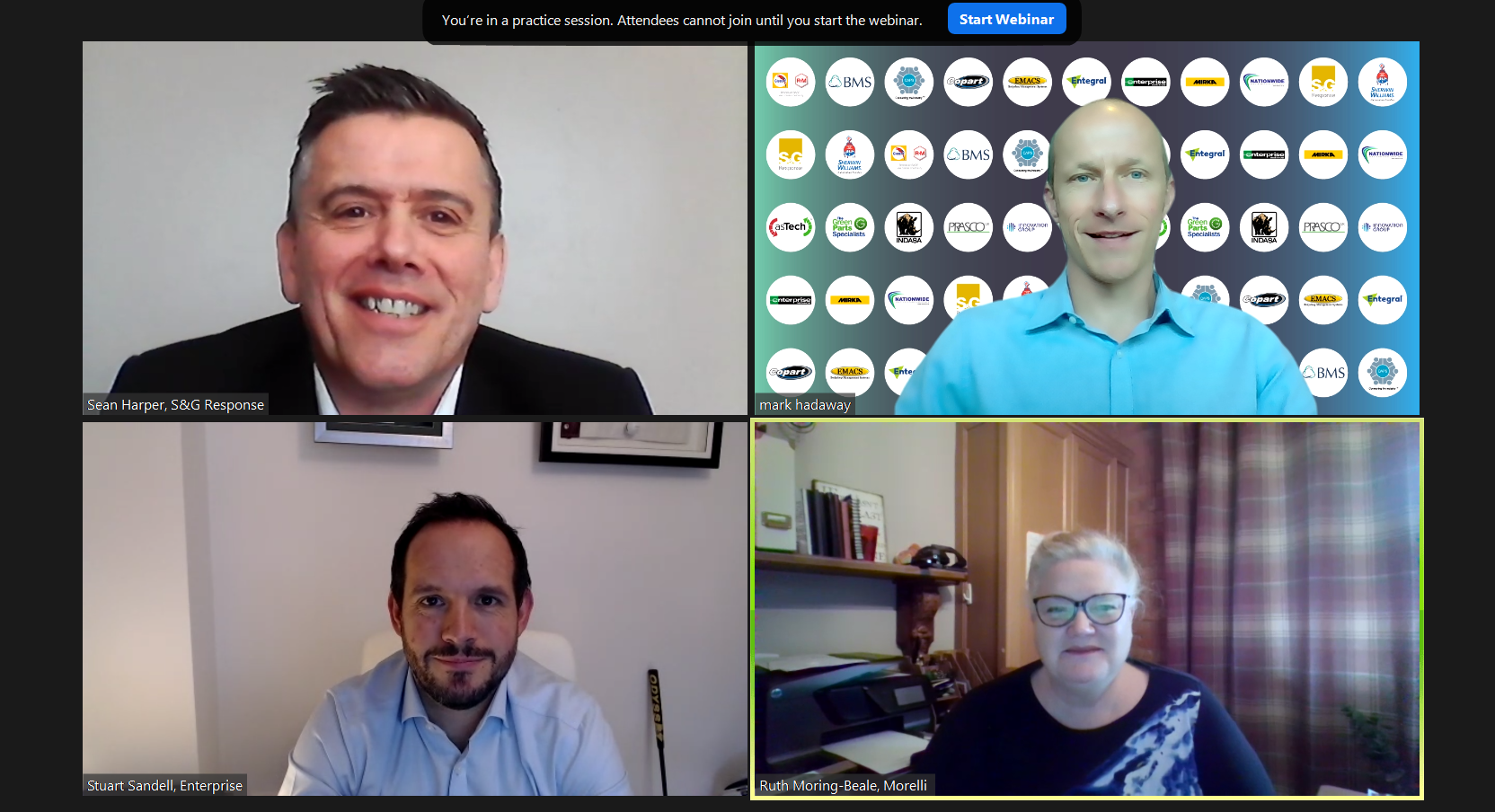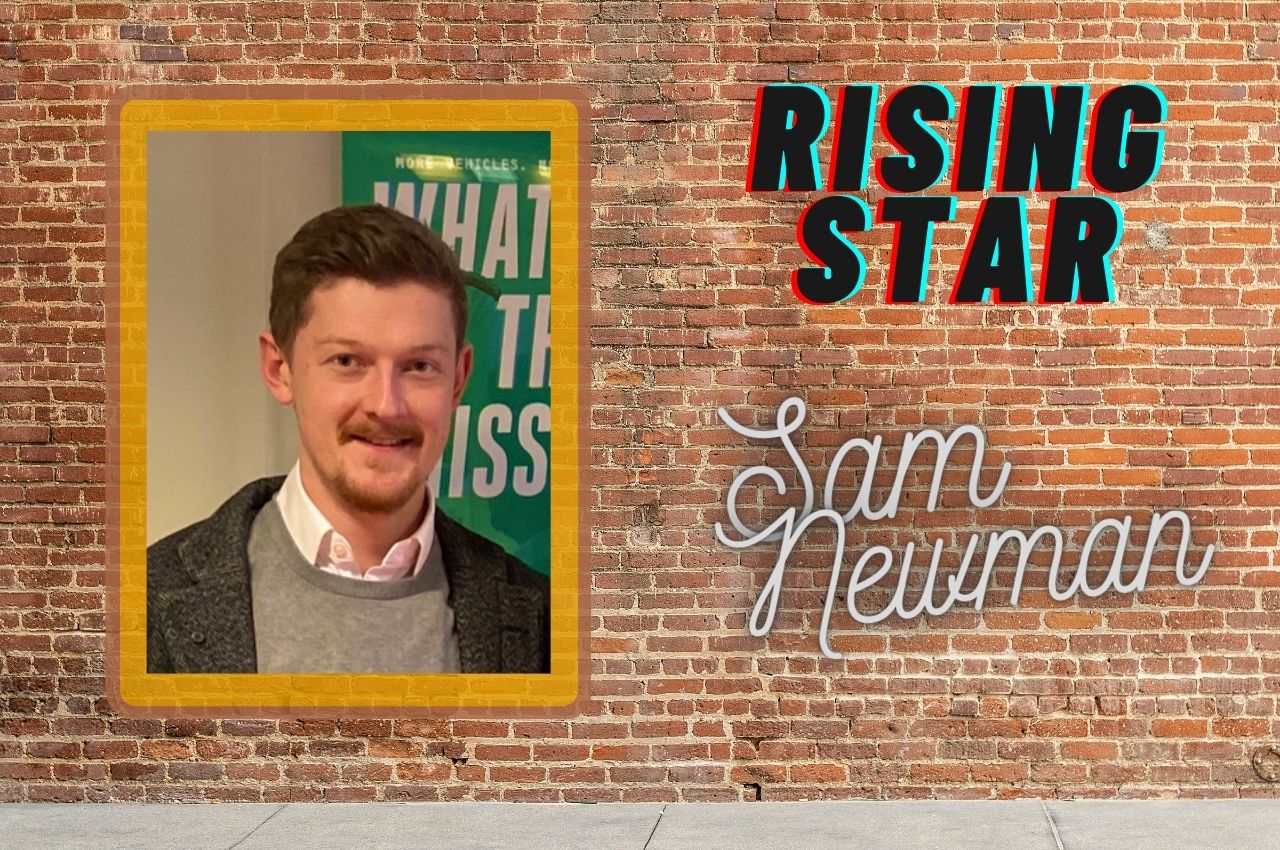The fourth session of the ARC360 Digital Event Series – Looking Ahead – focussed on the evolution of the supply chain, looking specifically at the impact of Covid-19 and the growing adoption of technology.
However, despite a year of colossal change, the key factor for success remain the same – people and relationships.
That was the view shared by panellists Sean Harper, fleet supply chain manager, S&G Response; Ruth Moring-Beale, group sales director, Morelli Group; and Stuart Sandell, assistant vice president, sales, UK & Ireland, Enterprise Holdings.
People
‘It’s worth looking at what hasn’t changed as much as what has,’ suggested Stuart. ‘What makes this whole industry amazing is the people. We’re amazed by our team and I’m sure that goes right through the industry. If you saw what was coming this year you’d have thought it would be catastrophic, but an amazing group of people has come together and shown a real resilience.’
But while the industry may have great people, the truth is that in many cases they operated in silos or at logger heads before the outbreak of Covid-19. Stuart believes that attitude is no longer so pervasive, and identified a new focus on communication and collaboration – ‘between us and our suppliers, between us and our clients’ – as the most substantial change this year.
Sharing information
He said, ‘Sharing information has given us all a line of sight so we can plan things, The way the industry reacted during Lockdown 1:0 has made us better businesses in Lockdown 2:0.’
That view was echoed by Sean, who suggested the crisis has forced the sector to come together in a way it never would have otherwise.
He said, ‘We all needed each other before Covid-19 but we focused on what divided us. Since then we’ve realised that we’re all part of the same ecosystem and we’re all interconnected. Insurers need repairers and repairers need insurers. It’s a partnership, and for me that has evolved more than anything else over the last eight months.’
Technology
That partnership approach, that willingness to share information more freely for a common goal, has facilitated the incredible adoption of technology into the claims process. Either that, or the incredible adoption of technology into the claims process – thrust on us the industry by the pandemic – has forced us to trust each other more.
Either way, the end result is positive, with many businesses accelerating digital plans that were in the pipeline and new efficiencies found where none were thought to exist.
Changed
Ruth said, ‘The world has changed and moved on and technology has allowed us to move with it. At Morelli we have been able to streamline our business just by the way we deliver to customers and engage with them. We’re using technology to introduce self-managed stock control, for example, and to reduce the number of touchpoints and the number of times we deliver.’
Meanwhile, the profitability of digital services is undeniable. Ruth added, ‘Turnover dropped to 10% for the main business in March, April and May, but our online business doubled and has remained there.’
Morelli is not alone, and many experts have suggested the true survivors of this crisis will be the ones who adopt technology quickest and most wisely.
Sean said, ‘The pandemic has been one big kick up the backside. Technology is an enabler, a way to reduce time for ourselves and our customers.’
Blend
However, people and technology are not mutually exclusive. Stuart pointed out that Enterprise has made great strides in developing a more automated customer journey, and said that in the wider supply chain technology is leading the change in all areas, from systems and tooling to information sharing and connected cars. But behind everything, he insisted, are people.
He said, ‘Technology is evolutionary not revolutionary, and it’s being accelerated. But great tech and great people aren’t independent of each other. If you have great tech you still need good people, and in terms of adoption you need to listen to the customer; some people are happy doing everything on their smart phones while others still want to go to the bank. You need to find a happy balance between people and technology.’
Brexit
There is no doubt the industry’s ability to evolve has been tested this year, but while it has been difficult – an ‘annus horribilis’, according to Ruth – it may yet leave a positive legacy into next year.
Before Covid-19 Brexit was considered the ultimate bump in the road. It’s fair to say that now, while there is still great uncertainty surrounding it, the fear factor associated with it has been somewhat muted. The feeling is that if you can come through Covid you can come through anything.
As Stuart said, ‘I don’t want to make light of Brexit, but a part of me thinks we’re getting through this enormous pandemic, Brexit is almost like a pimple by comparison.’
Collaborative
And apart from an industry far more collaborative and tech-heavy that this time a year ago, Stuart also suggested that many of the measures taken to deal with the outbreak can be repeated to offset Brexit, and the worst possible scenarios have already been faced off.
Despite that, there is doubt. The Society of Motor Manufactures and Traders yesterday warned of a potential €110bn cost to manufacturers both sides of the Channel as a result of tariffs and unless or until a deal is agreed no one can know for sure what it might mean for trade.
Ruth said, ‘We’re all in the dark about Brexit. Until we know what the deal is, we can’t say for sure how it will impact us. We’re working on the basis there will be a 6.5% tariff, but who knows, it could be more. As for delays, because of Covid we’ve experienced a four to five-week delay at the ports even without Brexit. But we’ve taken advantage of pre-ordering and it’s rare we’ve not been able to provide an alternative to most products. We are operating on a policy of substitute rather than delay, so I don’t want to see a rush on products.’
Future
Of course, only time will tell about all these unknowns – Brexit, the Covid-19 vaccines, and societal change. But the final comments of all three panellists suggests the industry is better prepared for any eventuality, and this much-discussed era of collaboration is very real.
Ruth said that her position gave her an insight into what is being built into vehicles and encouraged bodyshops to prepare for a coming surge in electric vehicles. She said Morelli has already seen a massive spike in demand for EV tooling, and expects the shift to continue and accelerate.
‘I would also advise bodyshops to use the furlough scheme wisely. Have a look at who you’ll need and not need in December and January, and take advantage of what’s offered because I think January to March could be the biggest challenge for the bodyshop sector.’
Spirit
Meanwhile, Stuart said Enterprise would be focusing its efforts on supporting repairers operate a mobility fleet and is working with them to develop solutions around shared ownership and cars clubs.
That spirit of working together was duplicated at S&G Response. Sean said, ‘We have never worked so closely with the supply chain to come up with solutions to help the repairers. For example, we’ve introduced amnesty days where repairers can raise anything and everything they want to. Our ultimate goal is to make life easier for the repairer in the next 12-36 months.’
ARC360, in association with I Love Claims, is supported by corporate partners BASF, BMS, Copart, EMACS, Entegral, Enterprise Rent-a-Car, Mirka, Nationwide Vehicle Recovery Assistance, S&G Response, Sherwin Williams and CAPS; partners asTech, The Green Parts Specialists, Indasa, Innovation Group and Prasco; and strategic partners AutoRaise; NBRA; RepairTalks; and TrendTracker.

















